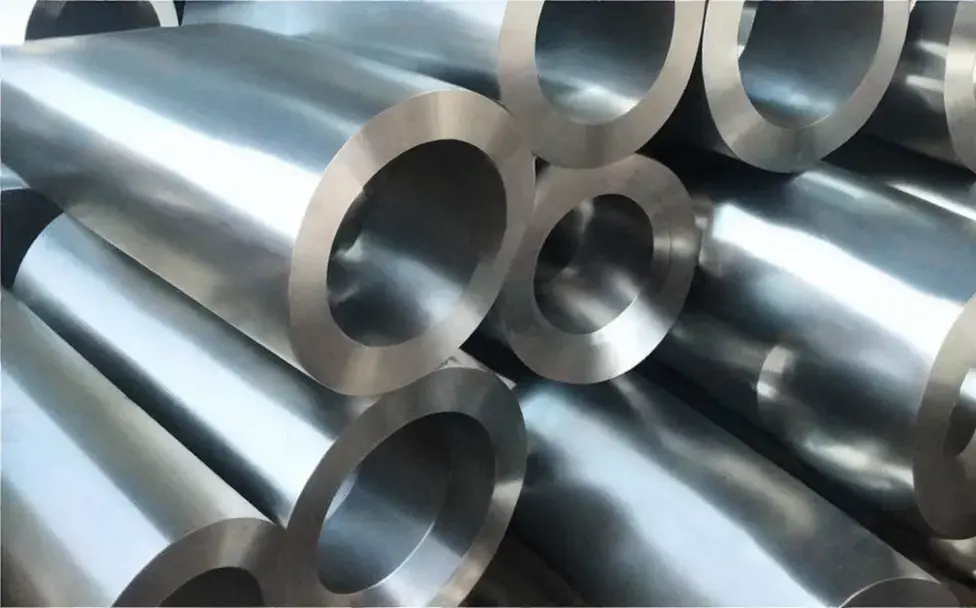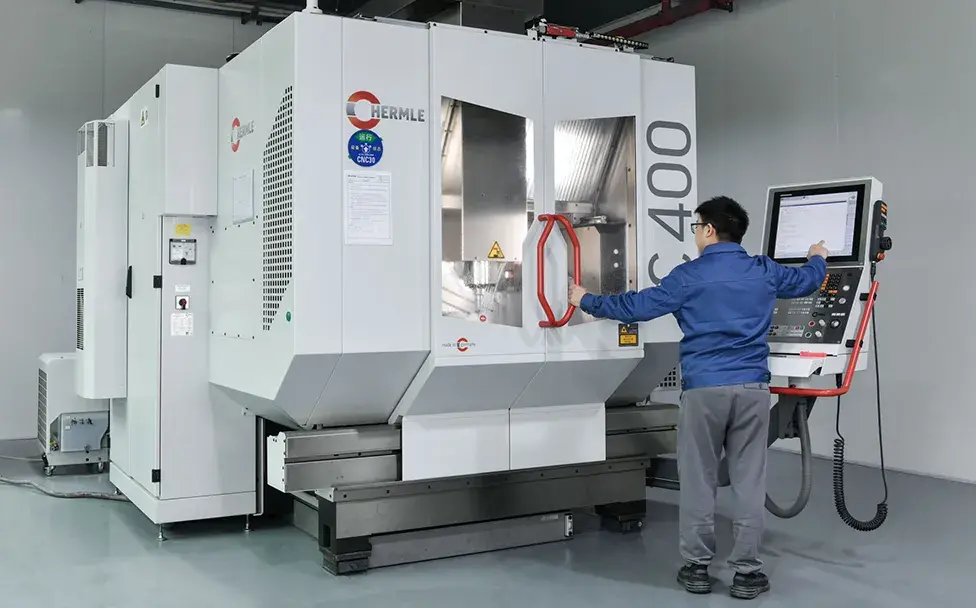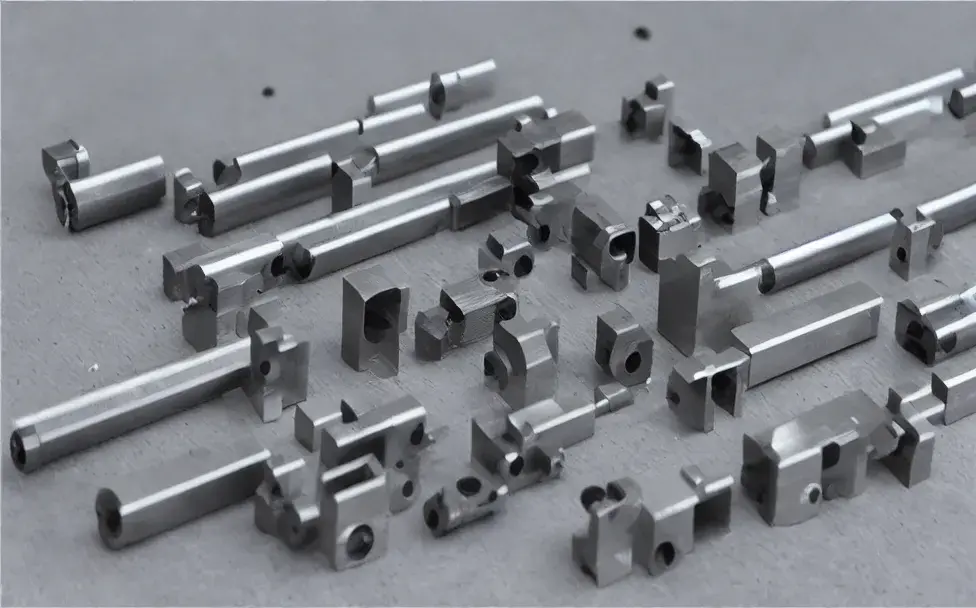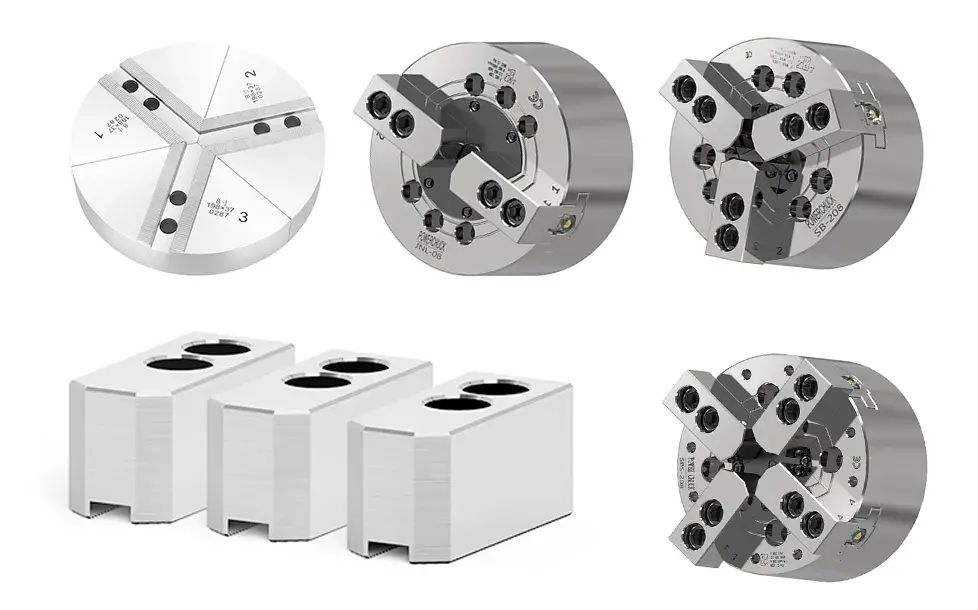The Difference Between Nails and Screws
Nails and screws differ in the way they fasten materials together, with nails using friction to grip and screws using threads for a more secure hold.
Nail Sizes and Lengths: Understanding 2D to 60D Nails

When it comes to nails, size and length are important factors to consider. The size of a nail is determined by its diameter, and sizes range from 2D to 60D. The most common sizes for nails used in CNC machining are 8D, 10D, and 16D.
2D to 8D Nails: These nails are small in diameter and are typically used for light duty applications, such as securing lightweight materials.
10D to 16D Nails: These nails have a slightly larger diameter and are used for heavier duty applications, such as securing medium weight materials.
20D to 60D Nails: These nails have a larger diameter and are used for the heaviest duty applications, such as securing heavy materials in place during CNC machining.
The Importance of 8D Nails in CNC Machining
8D nails, also known as 8 penny nails, are a popular choice for CNC machining due to their medium size and versatility. They are strong enough to secure heavy materials in place during the machining process, but are not so large that they get in the way of the machining tools. 8D nails can be used for a wide range of applications, making them a versatile option for CNC machining.
In conclusion, understanding the differences between nails and screws, as well as the various sizes and lengths of nails, is important for selecting the right fastening solution for your CNC machining project. Whether you choose nails or screws, it’s important to consider the size and length of the fastener, as well as the weight of the materials you are securing, in order to make the best choice for your specific application.



